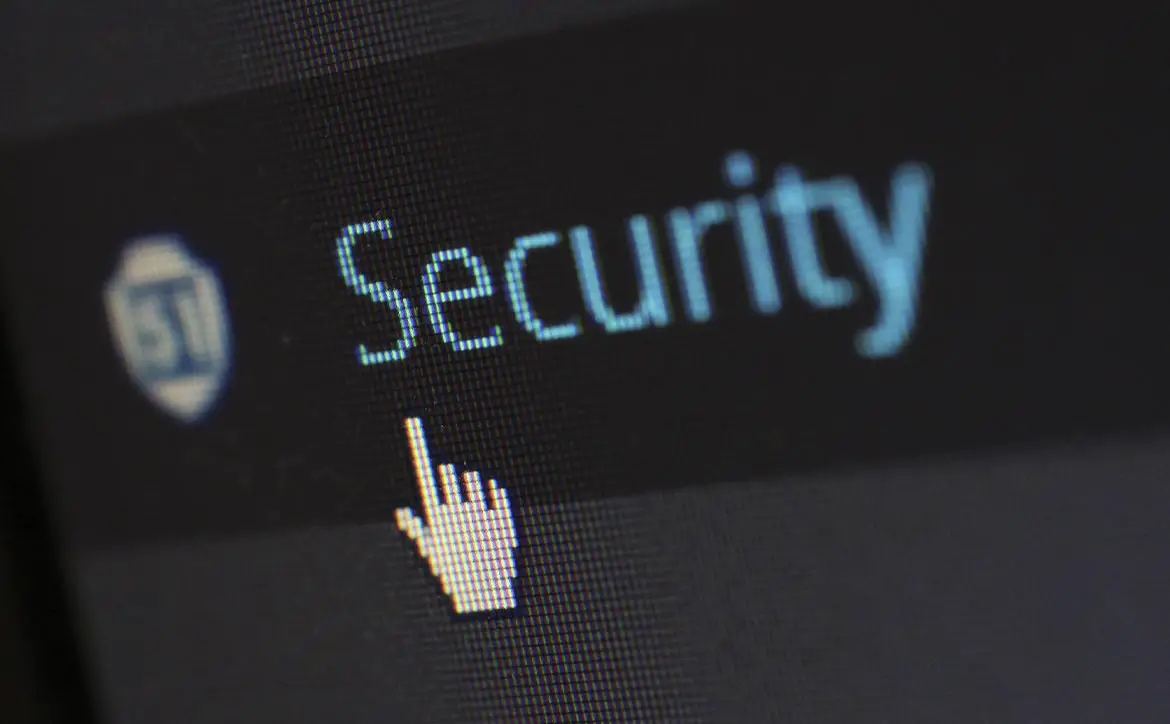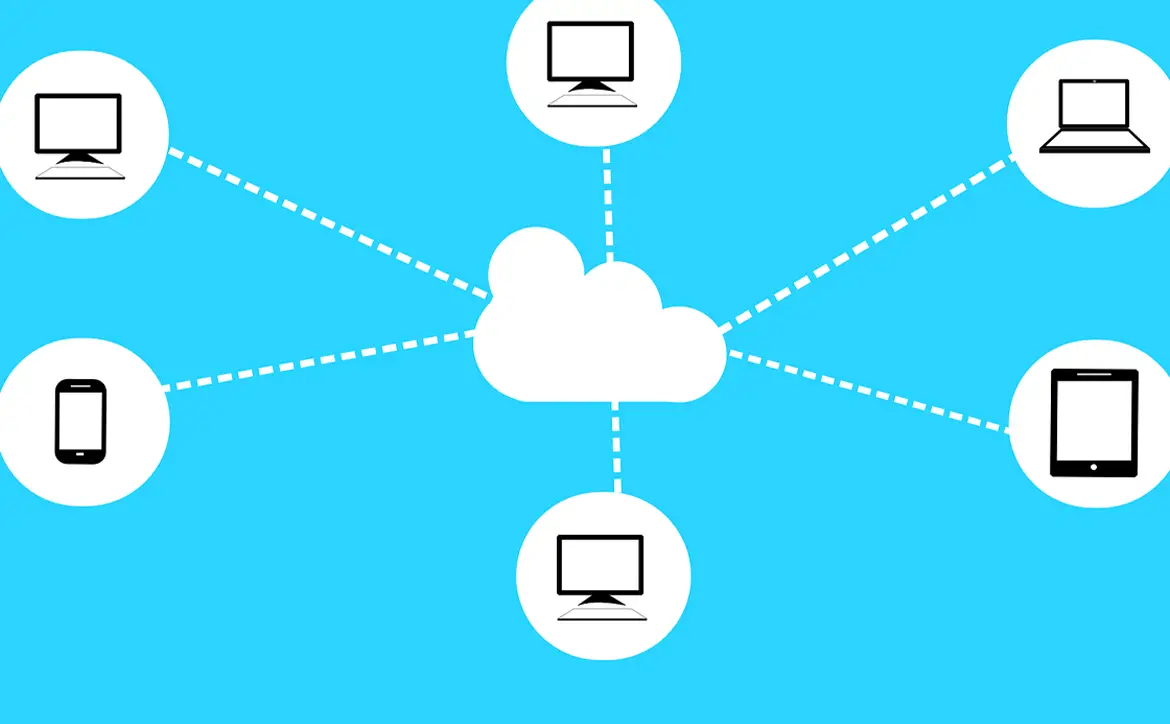The cloud has become a popular target for hackers in recent years, and the trend is only expected to continue. Since the majority of businesses use at least one private or public cloud-based solution, they need to be extra careful about their cloud security.
Fortunately, there are a couple of things cloud-based companies can do to ensure better security of their cloud. While the cloud is often the primary target of hackers, properly configuring it and taking the necessary precautions will prevent the majority of attacks, leaving no space for vulnerabilities. Moreover, an increasing number of companies have been implementing automated cloud security solutions, like a CNAPP or a CIEM, which has made the cloud a much more secure place for them.
So, how secure is cloud computing overall? Continue reading to find out more about cloud security.
Cloud security, how secure is it?
There are a few different factors to consider when considering cloud computing security.
Namely, it’s important to understand that the cloud is not a single entity. In fact, it’s a network of servers and data centers spread out worldwide. This means that there are many different points of entry for hackers to target.
Moreover, businesses need to consider who has access to their data in the cloud. When data is stored on-premises, only employees of the company have direct access to it. However, when data is stored in the cloud, it’s possible for unauthorized individuals to gain access to it if they know where to look.
Based on this information, we can conclude that the cloud isn’t inherently secure – instead, it needs to be secured with the right measures in place.
How to Properly Secure Your Cloud

There are multiple things a company can do to secure the cloud. Let’s go over the most important ones.
Identity and Access Management
The first step to properly securing your cloud is to implement an identity and access management (IAM) system. This system will allow you to control who has access to your data and what they can do with it.
IAM systems typically work by assigning each user a unique login ID and password. Once a user is logged in, they can only access the data and applications to which they have been given permission. This helps to prevent unauthorized individuals from gaining access to sensitive data.
Data Encryption
Data encryption is a process of transforming readable data into an unreadable format. Usually, this is done with a key, which is a piece of information that allows the original data to be decoded.
Namely, there are two main types of data encryption: symmetric and asymmetric. Symmetric encryption uses the same key for both encoding and decoding data, while asymmetric encryption uses different keys for each process.
Firewalls
A firewall is an in-built system that helps to protect your network from unauthorized access. It does this by filtering the traffic in and out of your network and only allowing the traffic you have authorized.
There are many different types of firewalls, but the most common ones are network firewalls and host-based firewalls. Network firewalls are usually deployed at the perimeter of a network, while host-based firewalls are installed on individual servers.
Intrusion Detection and Prevention Systems

An intrusion detection and prevention system (IDPS) is a tool that helps to detect and prevent attacks on your network. It does this by monitoring the traffic on your network and looking for patterns that indicate an attack.
If an attack is detected, the IDPS will take action to prevent it from happening. This can include blocking the traffic from the source of the attack or even shutting down the entire network.
Security Incident and Event Management
A security incident is any event that poses a threat to the security of your data or systems. So, a security incident and event management (SIEM) system can help you to detect, investigate, and respond to incidents and events.
SIEM systems work by collecting data from multiple sources and then using that data to generate reports. These reports can help you to identify potential security incidents and take action to prevent them. They are especially important in a cloud environment, where data is spread out across multiple servers and data centers.
Conclusion
The cloud is a great tool for businesses, but it’s important to understand that it’s not inherently secure. You can take many steps to secure your data in the cloud properly, and choosing the right ones is important for your business. Identity and access management, data encryption, and firewalls are among the best tools that can help to keep your cloud safe. Implementing the right measures for your cloud environment can help you protect your data and avoid costly breaches.
What do you think of cloud security? Please share your thoughts on any of the social media pages listed below. You can also comment on our MeWe page by joining the MeWe social network. Be sure to subscribe to our RUMBLE channel as well!










